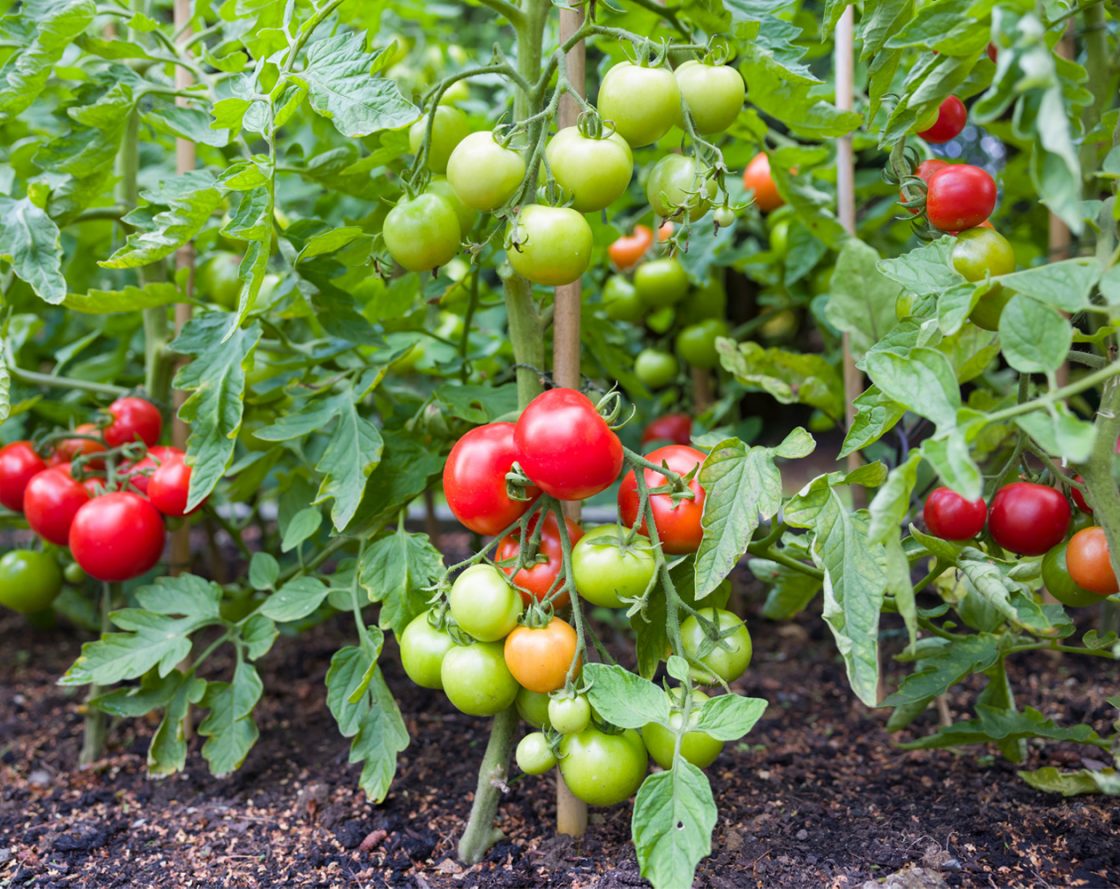
Did you know that food production is responsible for 76% of greenhouse gas emissions, and of those emissions 18% come from food processing?
Or that UK supermarkets produce 114 billion tonnes of single-use plastic a year? No wonder eating locally and seasonally are becoming mainstream.
To be local, foods must be grown within a few miles, certainly within the same country, as the consumer. Seasonal means you can’t get fine beans in January, or lamb in November. The two are often inextricably interlinked.
People in the UK have always processed their food. But, until the advent of cheap electricity and plastic packaging, we relied on jamming, salting, curing, smoking and drying our summer and autumn foods to get us through the winter. It was only in the 1960s that frozen foods hit the High Street and plastic packaging started to become the norm.
Since the Industrial Revolution, fewer and fewer people have had access to land to grow fresh food and less time to spend cooking and preserving. Now some families have not cooked from scratch for two or three generations.
But food skills are making a comeback and, as people are more conscious of where their food comes from and how it’s sourced, they also want to eat seasonally and locally. The waiting lists for allotments have sky-rocketed, and new food trends include buying deliveries of fresh ingredients tailored to specific recipes.
Supplying these demands means extending the growing season quite dramatically. Some UK Strawberry growers have now extended their growing season to 10 months of the year, from previously just 2-3. But for many protected crops, the cost of heating is high, as are the inputs of fertilisers and pesticides to keep crops healthy.
Some things are unlikely to change. We will still need to dry and freeze foods, as well as heat-treat foods, such as milk, to make them safe.
But perhaps we do have to look at simplifying our processing and allow consumers to do some food prep and some cooking.
It might also mean finding new ways to get more seasonal produce into supermarkets. Instead of sourcing imported ingredients, we could concentrate on finding new ways to use up and preserve seasonal gluts. Meal makers may need to have a range of products that come and go as the year rolls round, using clever marketing to help adjust people’s expectations of what can be had and when.
But perhaps the first step is to look at food processing’s addiction to unsustainable, but cheap, packaging, and not sit back and wait for legislation. Doing away with single-use plastic would make a huge difference to how the sector is perceived.